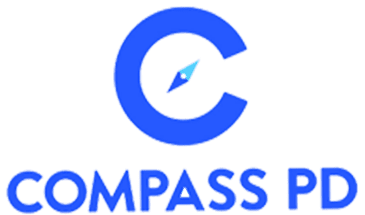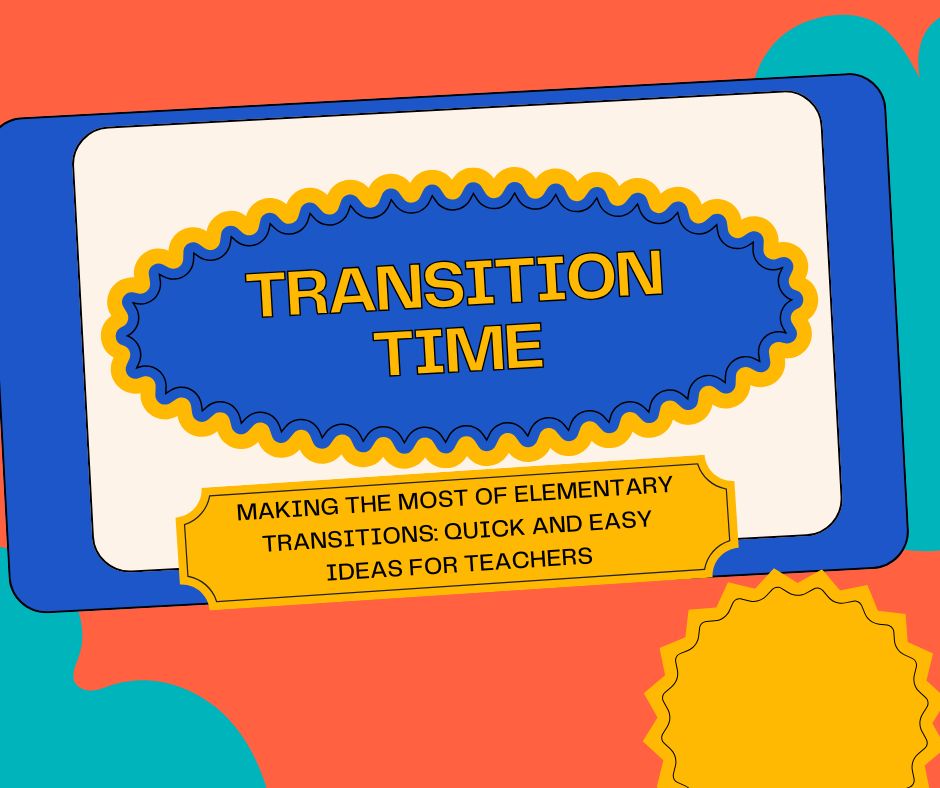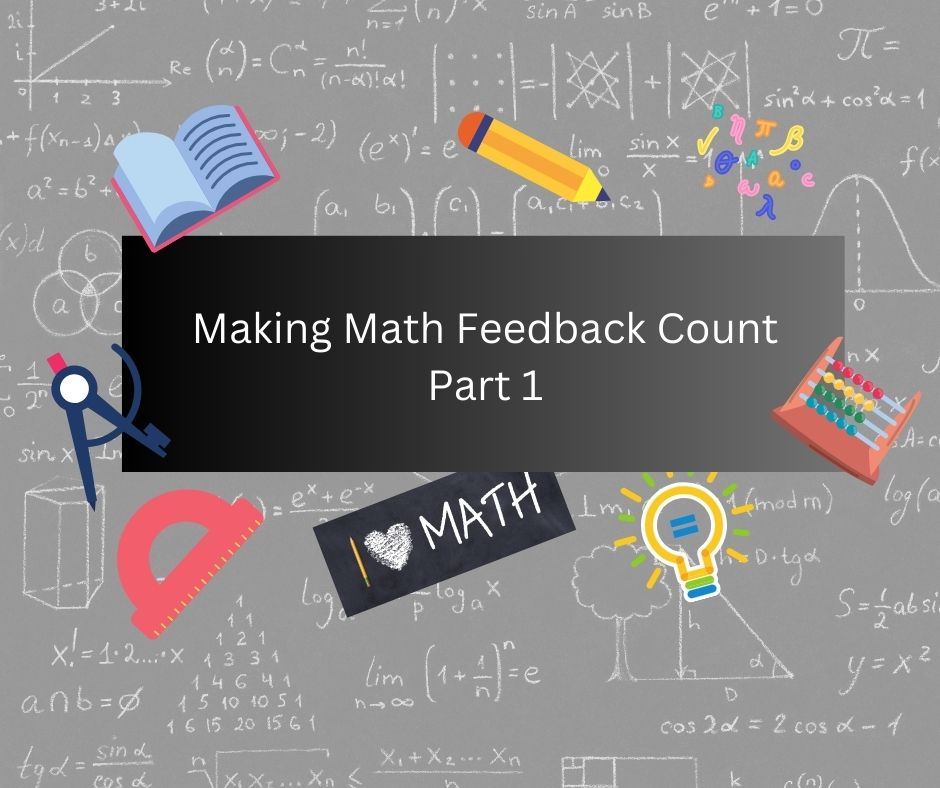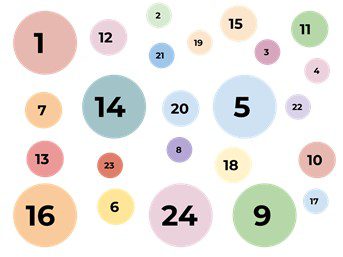Posts by Compass PD, LLC
The Gift of Learning
By Dr. Natalie Fallert When I first had the idea of this blog, I wanted to call it “The Gift of Knowledge”; however, after thinking about it, I felt it more important to focus on learning, not knowledge. Let’s face it: knowledge can be something that comes pretty quickly. Knowing something doesn’t mean we took…
Read MoreMaking the Most of Elementary Transitions: Quick and Easy Ideas for Teachers
By Dr. Carrie Hepburn and Dr. Sherri Lorton Transitions. We all know them, live them, and let’s be honest—we’ve all wondered how to make them smoother. Whether it’s lining up to go to specials, waiting in the hallway to enter the cafeteria, or managing the moments before the buses arrive, transitions are a part of…
Read MoreFeedback in Secondary Math: It’s More Than a Grade Pt. 2
By Constance Hallemeier In Feedback in Secondary Math: It’s More Than a Grade, Pt. 1, we explored how timely, specific feedback can transform student learning, even when time is tight. Strategies like prioritizing feedback, leveraging technology, and fostering peer-to-peer discussions were just the beginning. But time isn’t the only challenge secondary math teachers face. With…
Read MoreFeedback in Secondary Math: It’s More Than a Grade Pt. 1
By Constance Hallemeier Secondary math teachers often find themselves juggling multiple responsibilities: having a limited amount of time with students, managing a large number of students, and teaching a multitude of standards. Amidst these challenges, providing effective feedback can seem like a daunting task. As a former high school math classroom teacher, I struggled with…
Read MoreMaking Math Feedback Count Part 2: Enhancing Student Progress in Math
By Dr. Sherri Lorton In Part 1 of this series, we explored the powerful role of data in guiding math instruction. We illustrated why tying data collection and feedback to standards supports planning and the feedback process. Now, in Part 2, we dive deeper into the various types of data that can inform feedback practices,…
Read MoreMaking Math Feedback Count, Part 1: The Power of Data
By Dr. Sherri Lorton Making Math Feedback Count, Part 1: The Power of Data In today’s classrooms, data is far more than just a tool for assessing student performance—it is a vital resource for guiding instruction, improving teaching strategies, and fostering student growth. When it comes to mathematics, a subject that often challenges our young…
Read MoreThe Secret to Feedback That Sticks
By Dr. Stephanie Brenner When we think about feedback, quick comments like “Great job!” or “Try harder next time” come to mind. However, for educators, feedback’s true value lies in helping students learn and improve, not just feel good. Research by experts like Bryan Goodwin, John Hattie, Robert Marzano, Douglas Reeves, and Douglas Stone shows…
Read MoreYou Hold the Power: Trust Yourself, Trust Your Craft
By Dr. Carrie Hepburn In a world where technology increasingly takes center stage, it’s easy to feel like we need a digital program to tell us what to do in education. But here’s the truth: nothing replaces the power of a teacher. Not an algorithm, not a device, and not a slide deck from 15…
Read MorePart 1 of: Teaching Students With Dyslexia 201: Diving Deeper into Practical Supports
By Dr. Stephanie Brenner We are halfway through Dyslexia Awareness Month! Earlier, we explored what dyslexia is, the five key language systems essential for understanding dyslexia, common characteristics, and four ways to make a difference. With that foundation, it’s time to turn theory into action! Where should you start? Beginning with a focus on building…
Read MoreEmpowering Teachers to Support Students with Dyscalculia: Key Knowledge and Strategies
By Dr. Stephanie Evans As teachers, we encounter students who struggle with math, but what happens when traditional approaches like small group instruction and scaffolding aren’t enough? For some, the difficulty runs deeper, pointing to a lesser-known learning disability: dyscalculia. Interestingly, the connection between difficulties with numbers and struggles with words is striking, as many…
Read More








